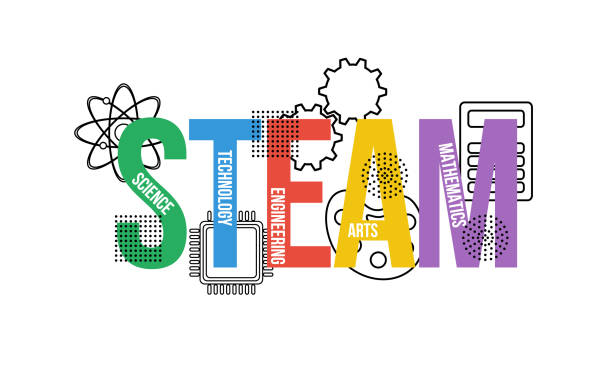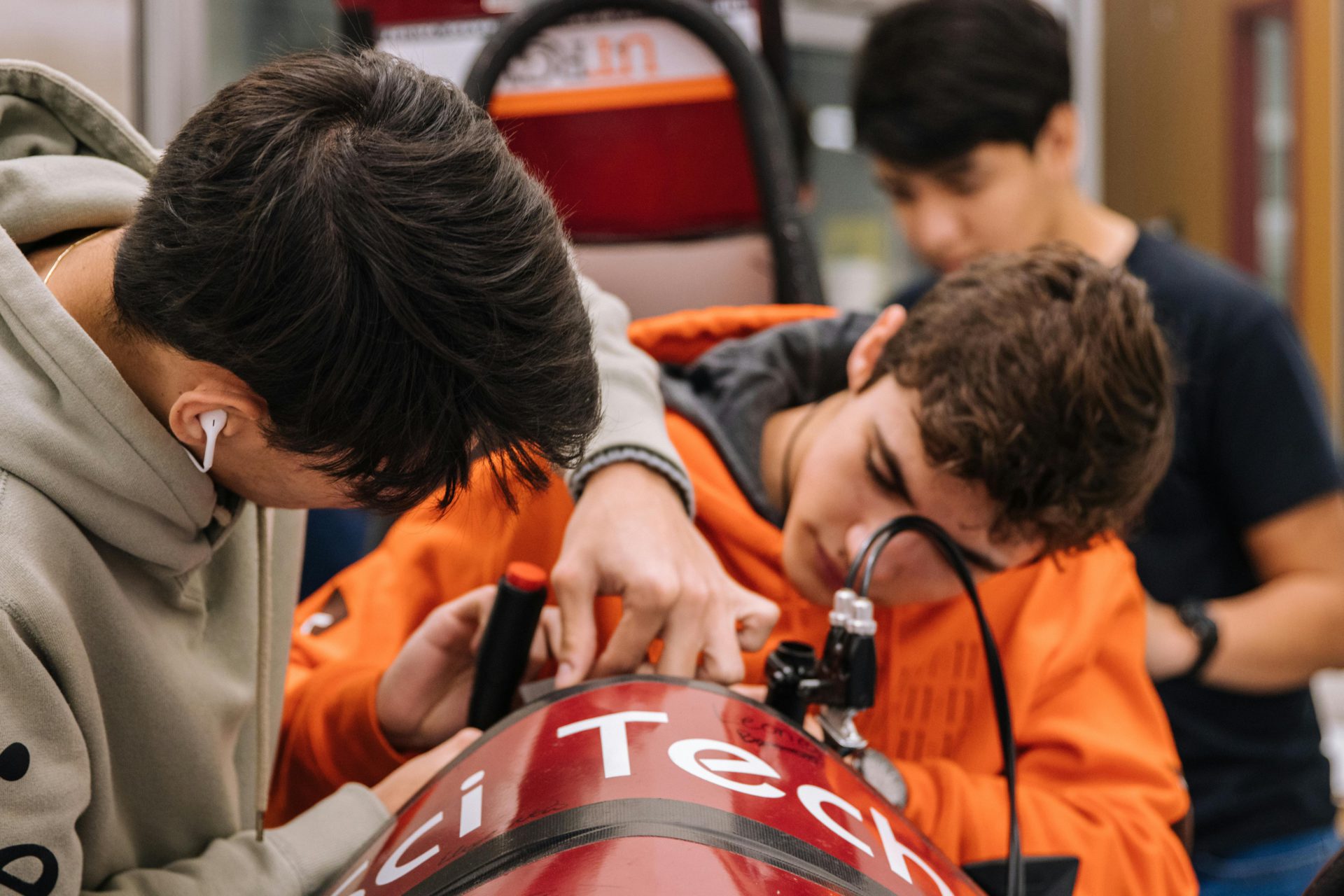
The Importance of the High School Resume
Posted October 24, 2015, 12:00 pm
A high school resume is more than just a list of accomplishments to pass along to colleges. It’s a snapshot of who you are, what you’re passionate about, and how you spend your time. Because admission to college is so highly selective today due to the marked increase of students applying for the limited open slots, it is crucial that you find a way to stand apart from all of the other applicants. A high school resume can help you do that. It is one of the most important marketing tools that you can use in selling yourself. Essentially your resume provides a snapshot picture of the "real" you.
Using the Resume
The obvious use of a high school resume is with the Common Application. But that is only one of its many benefits. You can use your resume throughout your high school career to keep track of your activities and accomplishments. Once you reach senior year, it will serve as a reminder of the past four years and make it easier to complete the college application.
The high school resume can also be used when completing scholarship applications as an addendum to the application itself. Scholarship judges often look for students who stand out and have a well-rounded academic and social commitment. The resume can give them a deeper look into who you are and why you are deserving of the scholarship.
Perhaps one of the best uses of the high school resume is for recommendation letters. Provide the person you have asked to write your letter with a copy of your resume. It will serve as a reminder of all you have accomplished in high school and will help them craft a personal letter for the admissions committee.
An Exceptional Resume
The one thing employers will say about resumes, “Make it concise and to the point.” A resume should catch the reader’s attention immediately and keep it long enough to give the reader an idea of who you are and what you represent. Long resumes rarely get read. If the employer doesn’t see something on the first page to catch his attention, he won’t continue reading the 2nd, 3rd, or 4th pages.
Applying these simplistic resume directions to the high school resume, what do you want to communicate in your resume?
-
Consistency—Colleges look for consistency over four years. If the resume lists a multitude of activities, a spattering of extracurriculars, or a few hours of community service here and there you aren’t communicating consistency. Instead of listing every single activity you have participated in, consider focusing on the one that represents who you are and a consistent involvement throughout high school. It’s not about the numbers, it’s about the level of involvement that matters.
-
Honesty—When a college looks at your resume, it should be an extension of your essay and the rest of your college application. Don’t pad it or pretend to be someone you are not. Be honest and thorough without being monotonous. If your essay talks about the summer you spent abroad volunteering with a religious organization, this should be an extension of who you are—not just something to impress college admissions. Don’t brag; use the resume as a tool to show off who you are and what is most important to you.
- Commitment—The high school resume should communicate commitment— commitment to academics, commitment to excellence in school activities, and commitment to service. Each item on the resume should speak to that level of commitment. Anyone can join a club, play one semester of a sport, or take one difficult, challenging class. But colleges are looking for the student who goes “all in”, not someone who stands by the sidelines and watches.
The high school resume should get to the point and show colleges why they should offer you admission. It’s your tool to shine in the college application process, a tool to use when applying for scholarships and to use when asking for recommendations.
Blog Categories
- Career Advice
- College Admissions
- Colleges & Universities
- Financial Aid and Scholarships
- For Counselors
- For Parents
- For Students
- Gap Years
- Mental Health and Wellness
- Online Learning
- Performing and Visual Arts
- STEM Majors and More
- Summer Programs
- Teen Volunteering
- Trade & Vocational Schools
- Tutoring & Test Prep

Organization with listings on TeenLife? Login here
Register for Free
We’re here to help you find teen-centered academic and enrichment opportunities that you never knew existed. By creating an account, you will be able to save your favorites, request information via pre-populated contact forms, and submit reviews. We will also be able to tailor our communications to your stated interests and preferences.
Forgot Password
"*" indicates required fields







